Search
Search within
1447 results found
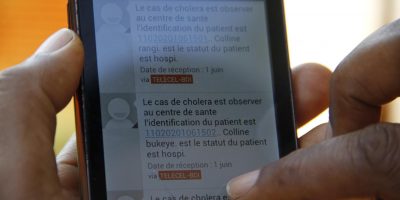
Evidence review
Helpdesk Research Report: Mobile Telephony for Improved Health Service and Data Management
This report provides some recent examples of the use of mobile telephony to improve health serviceoutcomes. There is significant potential for the use of mobile telephony to improve health serviceoutcomes and data management. Opportunities include: serving as a less costly…
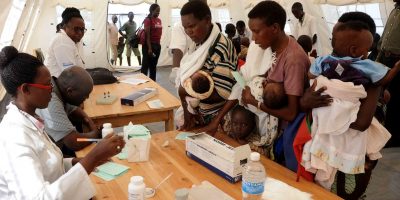
Background report
To Pandemic or Not? Reconfiguring Global Responses to Influenza
Examining the political economy of knowledge in responses to the 2009-10 influenza pandemic, this paper argues that globally, and in many individual nations, techno-scientific narratives constructed by bio-medical actor networks failed to correspond with the more variegated narratives of multifarious…
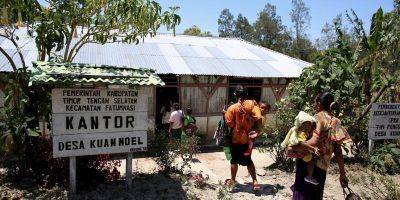
Background report
Risk, Modernity and the H5N1 Virus in Action in Indonesia: A Multi-Sited Study of the Threats of Avian and Human Pandemic Influenza
This thesis examines the Influenza A/H5N1 virus in action through an ethnographic study focused on the entwined concepts of risk and modernity. The objective is to explain why the response to the virus has been challenged in Indonesia. Concerned with…
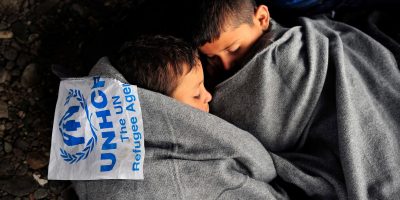
Evidence review
Coordinated Assessments in Emergencies – What We Know Now: Key Lessons from Field Experience
This document uses lessons learned from recent coordinated assessments to distil key points,advice, and pitfalls in carrying out a Coordinated Assessment during the first weeks of a disaster. It provides a general introduction to what has been learned about coordinated…
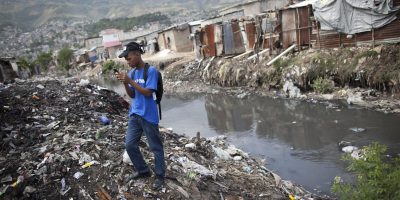
Evidence review
Cholera Outbreak Guidelines: Preparedness, Prevention and Control
This practical field guide brings together lessons learned from Oxfam’s past interventions in the prevention and control of cholera, and other related guidance. The aim is to provide a quick, step-by-step guide to inform cholera outbreak interventions and ensure public…
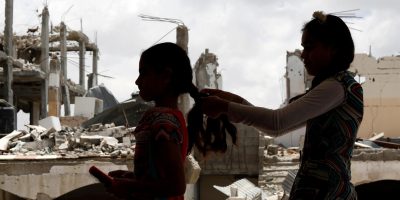
Tools
Assessing mental health and psychosocial needs and resources: toolkit for humanitarian settings
This document provides an approach and a toolkit to help those designing and conducting an assessment of mental health and psychosocial needs and resources in major humanitarian crises. These could include major natural and human-made disasters and complex emergencies (for…

Evidence review
Managing Climate Extremes and Disasters in Africa: Lessons from the IPCC SREX report
The Special Report on Managing the Risks of Extreme Events and Disasters to AdvanceClimate Change Adaptation(SREX) was commissioned by the Intergovernmental Panel on Climate Change (IPCC)in response to a recognised need to provide specific advice on climate change, extreme weather…
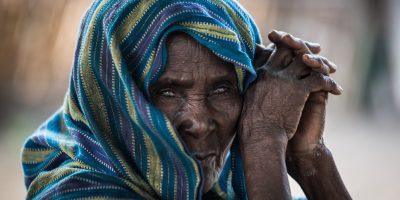
Background report
Health and Climate Change: Key Linkages in Southern Africa
Climate change has major health implications for developing countries but the links are often not well understood. This report describes the current and predicted climate impacts on human health in southern Africa. It presents a view of existing health vulnerabilities…

Evidence review
Characteristics of the Colombian Armed Conflict and the Mental Health of Civilians Living in Active Conflict Zones
The fact that the Colombian armed conflict has continued for almost five decades there is still very little information on how it affects the mental health of civilians. Although it is well established in post-conflict populations that experience of organised…
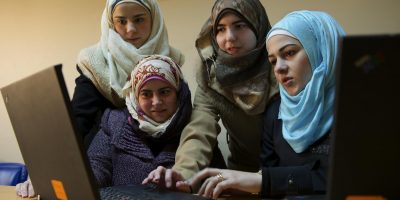
Evidence review
Still Left in the Dark? How People in Emergencies Use Communication to Survive – and How Humanitarian Agencies Can Help
In 2008, a BBC World Service Trust policy briefing argued that people affected by earthquakes, floods or other emergencies often lacked the information they needed to survive and that this only added to their stress and anxiety. Left in the…
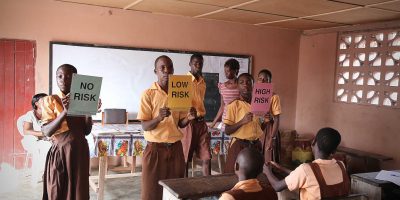
Not As Simple As ABC: Christian Fundamentalisms and HIV and AIDS Responses in Africa
HIV and AIDS remains a starkly gendered epidemic in the African region. Sub-Saharan Africans represent 68 percent of HIV+ people globally, with an average of 13 women infected for every 10 men. While men as a group have lower prevalence…
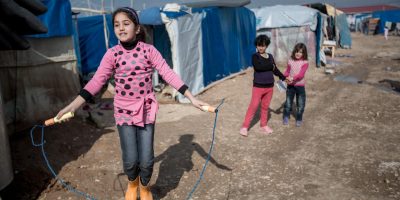
Evidence review
Challenges of Post-Conflict Recovery!
This document highlights on issues of Peace Recovery Development Plan (PRDP) and health service delivery in northern Uganda.The report reviews an assessment surrounding the recent influx of asylum seekers and refugees from South Sudan to Uganda and summarises its key…


